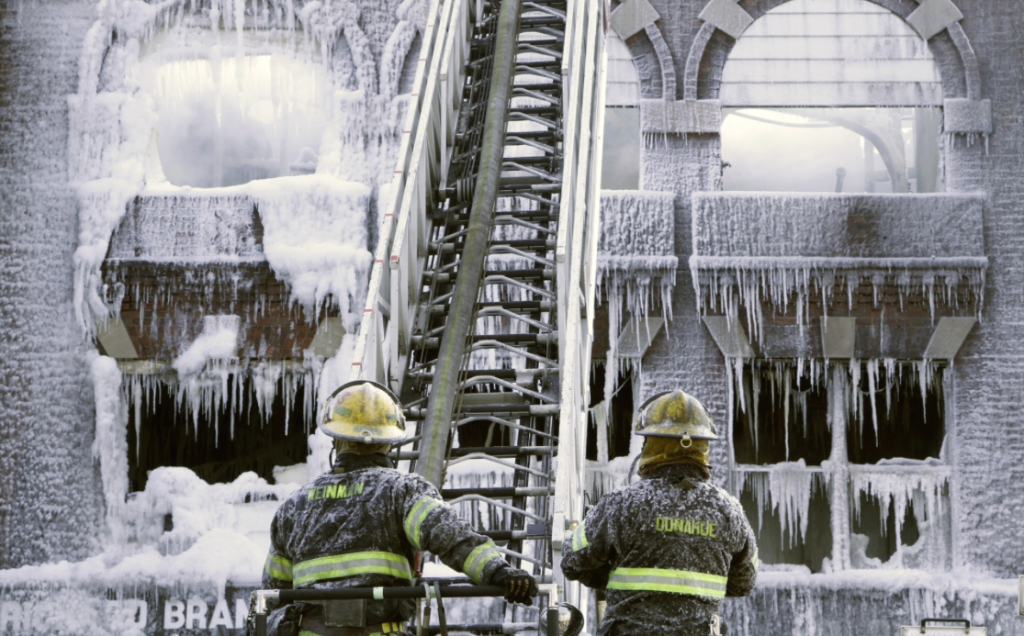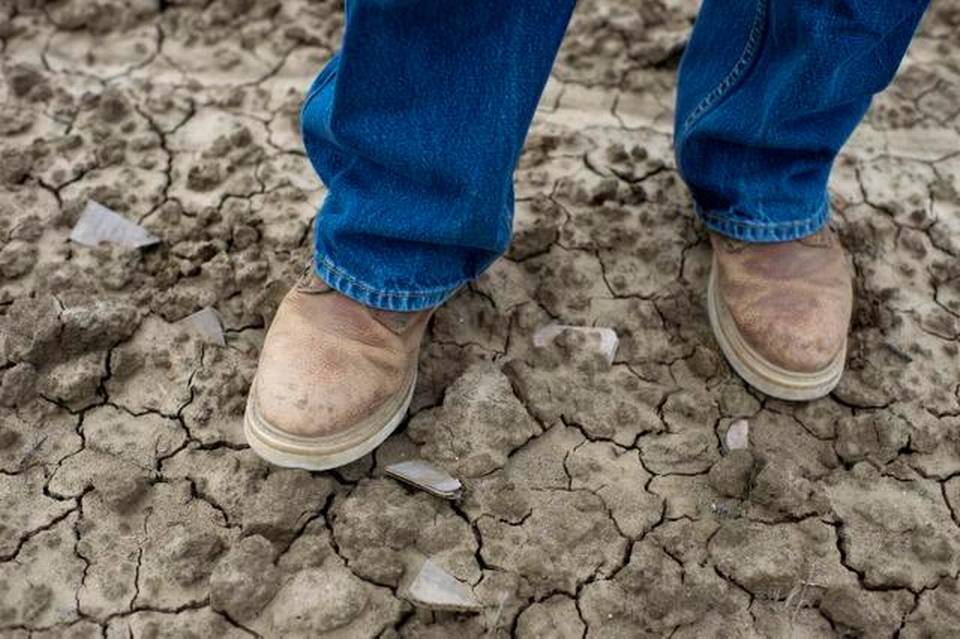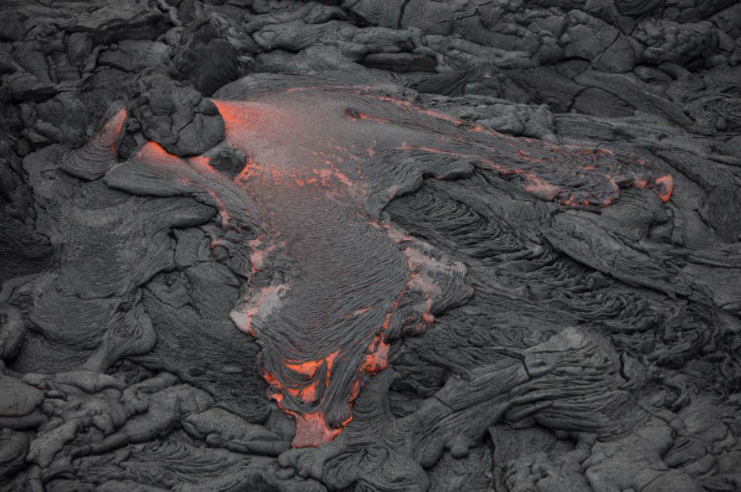In case you missed it, the weather has been in the news a good bit this past week. The extreme cold seems to have gotten everyone’s attention and photojournalists everywhere have made a point of putting it on display (e.g., here, here, and here), illustrating both its aesthetic beauty and somewhat apocalyptic overtones: record breaking snowfall in the New England area, subzero temperatures in the southern regions, and as in the photograph above, a burning building encased in ice from the water used to tame the blaze. And yet, for all of these irregularities, my otherwise well educated next door neighbor could say (without a hint of irony): “I guess this gives the lie to global warming.”
My neighbor—as well as so many others—misses the point of global warming, which is not just about lowering the earth’s temperature and the melting of the polar ice caps (though it is very much about that), but also about effecting historically normal weather patterns so as to create radical shifts in the climate such as the irregularly severe cold and excessive moisture we are currently experiencing in large portions of the country. The irony of the above photograph is telling—perhaps even prophetic—in this regard, as it puts one possible future on display: a world where the simultaneous extremes of unregulated heat and cold will make it almost impossible for us to preserve the social and economic structures we rely upon.
But, of course, in other parts of the country the problem is not extreme cold and excessive moisture, but the very earth-cracking, dust bowl style, lack of moisture. The drought in California is ongoing and severe—“exceptional” and “extreme” are the official terms; that is somewhat old news, however, and the news cycle is nothing if it is not driven by what is both “new” and most dramatically immediate. And so we aren’t seeing too many stories about the draught these days. And yet, if we look carefully we will see that photographs like the one above are actually inflected by photographs such as this, which appeared in the Sacramento Bee:
Those boots stand on 125 acres of land in the San Joaquin Valley that have gone fallow due to lack of water. And while some will argue that the drought in California is not directly caused by human induced global warming, there is also little doubt that such global warming exacerbates the effects of an otherwise extraordinary dry spell.
The point is that the deep freezer and the big drought are happening at the same time. One only has to remember to look past the most immediate representations to see it—and to consider the implications of the coincidence.
Credit: Jacqueline Larma/AP; Hector Amezcua/Sacramento Bee


